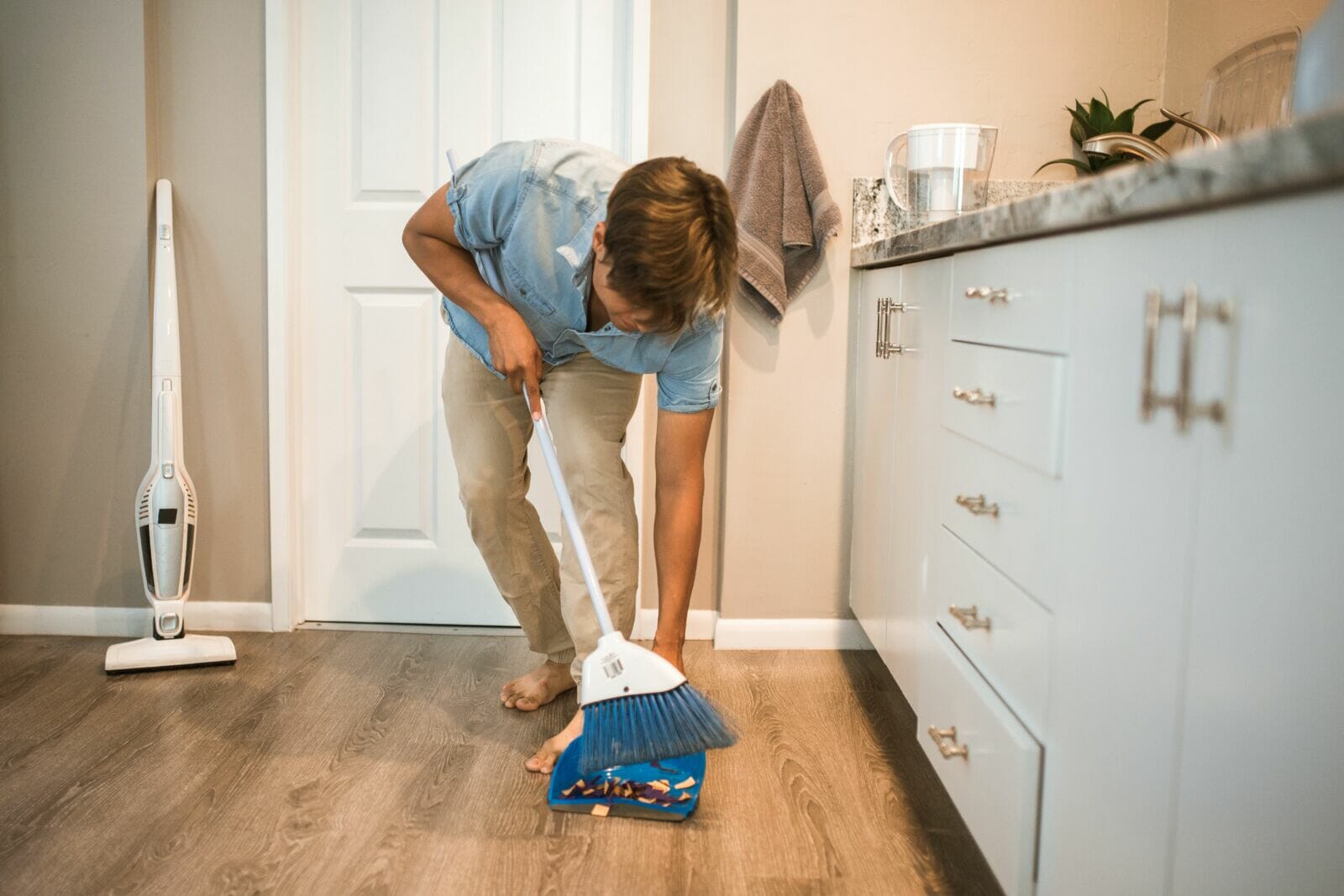Owning a home is one of life’s biggest investments, and just like a car, it needs regular maintenance to stay in top shape. The good news? A little preventive care can go a long way in avoiding costly repairs, boosting energy efficiency, and keeping your home safe and comfortable. And if you’re looking to upgrade your flooring as part of your home maintenance, Shop Wholesale Vinyl Flooring at ALV Floors for durable and stylish options. Whether you’re a new homeowner or a seasoned one, here are five essential maintenance tasks you should never overlook.
MORE NEWS: Experience AZ: 10 Arizona restaurants with an amazing view
1. Clean and Inspect Your Gutters
Gutters are crucial in directing rainwater away from your home’s foundation, preventing water damage, mold growth, and structural issues. However, clogged gutters can lead to overflow, damaging your roof, siding, and landscaping. To keep them functioning properly, clean your gutters at least twice a year—once in the spring and again in the fall. Use a sturdy ladder, gloves, and a scoop to remove leaves and debris, then flush them with a garden hose.
Also, check for any leaks or loose sections and repair them promptly to prevent further issues. If you have many trees near your home, consider installing gutter guards to reduce the frequency of cleaning.
2. Test and Maintain Your HVAC System
Your heating, ventilation, and air conditioning (HVAC) system is key to maintaining a comfortable indoor environment year-round. Regular maintenance ensures it runs efficiently and lasts longer. Change your air filters every one to three months to improve air quality and prevent system strain.
Additionally, schedule a professional tune-up twice a year—once before summer for the cooling system and once before winter for heating. Technicians will check for issues like refrigerant leaks, dirty coils, or worn-out components that could lead to costly breakdowns. Maintaining your HVAC system can also help prevent unexpected breakdowns during extreme weather conditions.
3. Check for Water Leaks and Plumbing Issues
If left unchecked, a small leak can cause major water damage, increasing your water bill and causing mold growth. To prevent further damage, regularly inspect under sinks, around toilets, and behind appliances like dishwashers and washing machines for signs of leaks. Look for dripping faucets, water stains, or damp spots on walls and ceilings. If you notice anything unusual, immediately fix it or call a plumber.
Moreover, drain your water heater at least once a year to remove sediment buildup, which can affect its efficiency and lifespan. Consider installing water leak detectors to alert you to potential issues before they become serious. And if your floors get affected by leaks or you’re just planning a home upgrade, Shop Wholesale Vinyl Flooring at ALV Floors for high-quality, affordable flooring solutions.
4. Inspect and Seal Windows and Doors
Drafty windows and doors can significantly impact your home’s energy efficiency, making your heating and cooling systems work harder. Check for gaps or cracks around window and door frames and seal them with weatherstripping or caulk to prevent air leaks. This simple task can lower energy bills and make your home more comfortable throughout the year.
If your windows are old and inefficient, consider upgrading to energy-efficient models to improve insulation and reduce energy costs. Properly sealed windows and doors can also help keep out pests and insects. As part of your home improvements, consider upgrading your floors with wholesale vinyl flooring to match your floors and windows for a durable and stylish touch.
5. Test Safety Devices and Electrical Systems
Your home’s safety depends on the proper functioning of smoke detectors, carbon monoxide alarms, and electrical systems. Test your smoke and carbon monoxide detectors monthly and replace batteries at least once a year. If a detector is over 10 years old, replace it entirely.
Also, inspect your electrical panel for any signs of overheating or tripped breakers, which could indicate wiring problems. If you notice flickering lights or frequent power surges, have an electrician check your system to prevent potential hazards. Installing surge protectors and fire extinguishers in key areas of your home can provide an extra layer of safety.
Conclusion
These five essential preventive maintenance tasks can help protect your home, save money, and give you peace of mind. By staying proactive, you’ll prevent expensive repairs and create a safer and more comfortable living space. So, set a schedule, grab your tools, and prioritize home maintenance—it’s an investment that always pays off!




